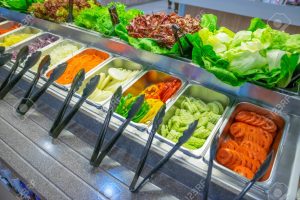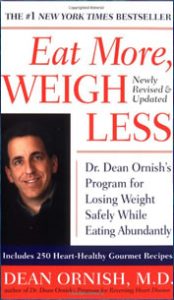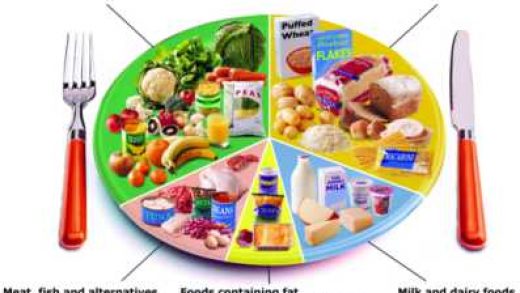In an earlier post, we talked about Meatless Mondays, a campaign to lower the amount of meat we Americans eat. We eat more meat per person than any other country in the world, including Argentina and China, and that’s saying something. (Source: World Resources Institute)
I’m not advocating we all become vegetarians or its stricter sister group, vegans. However, along with that huge consumption of meat are the health problems of heart disease, high blood pressure, colon cancer and more. We need to eat less meat. Studies are showing that either declining the amount of meat in every single meal, such as in most Asian cooking, or eating no meat one day a week, like the Meatless Mondays, can result in substantial health benefits.
I recommend starting with just one meal a week where you would normally have meat. Make that one meal completely vegetarian. It may seem difficult at first. “What? I’m just gonna eat salad?” or “Am I supposed to fill up on side dishes?” might be going through your head. But vegetarian cooking has come a very long way since the hippie days of the ’60s and ’70s. No more bland, tasteless food. It just takes a little thinking. And that’s the biggest obstacle — changing your mind.
Here are some things to think about. Dr. Dean Ornish, a cardiologist, wrote a book called “Eat More, Weigh Less,” in which he advocated a low-fat vegetarian diet. In research at his clinic, he found that he could not only reduce the severity of heart disease but in many cases actually reverse it. The program, in addition to the new eating practices, also included stress reduction (like yoga and meditation), quitting smoking, and exercise. In his program, meat, fish, and poultry are off-limits, along with fats, oils, nuts and seeds, sugar, avocados, and refined carbohydrates like white rice and white flour. Dairy is limited to fat-free cheeses, milk and yogurt, and egg whites. As for what’s left, fruits, vegetables, and grains, you can eat as much as you want.
Some nutritionists think this is too restrictive. They say such restrictive diets only make you crave the “bad” foods more. Also, recent research has shown that at least some fat is good for you and necessary for proper nutrition and body function.
I think if you could just make SOME of your meals meatless, you might feel better and help reduce the chance of either getting these terrible diseases or making them worse. I know that I have had the policy that I eat at least three no-meat meals each week. I’m not always successful, but the last time doctors looked inside my heart, my arteries were at least no worse. Is it due to that eating policy? Who knows. But it can’t hurt.
You don’t have to give up meat. I’m certainly still eating meat almost every day. But I’m trying to increase my vegetables and fruits and cut back on the amount of meat in my meals.




